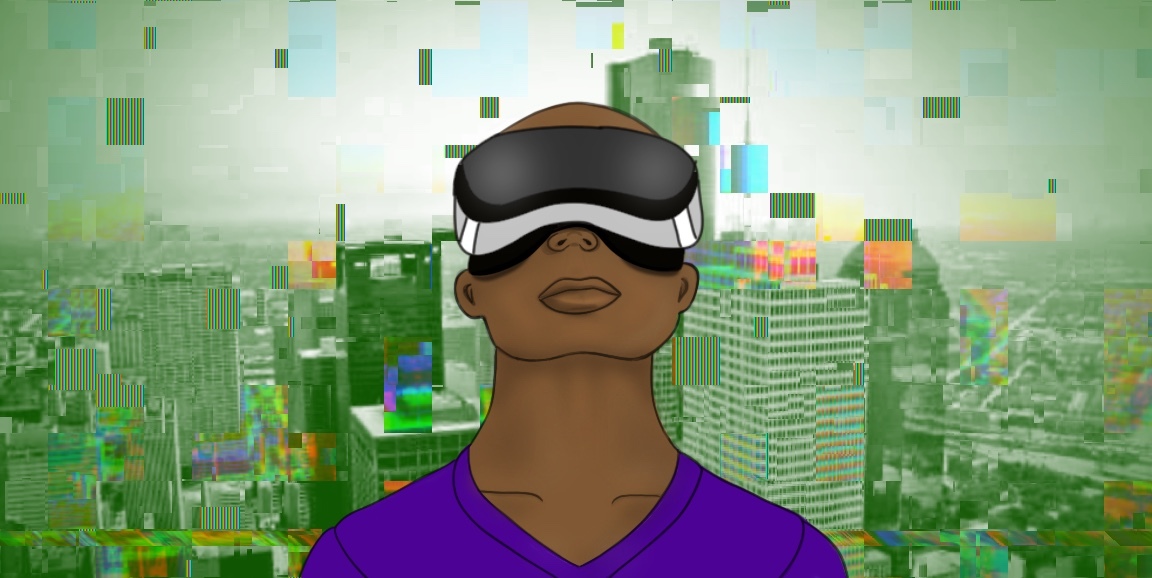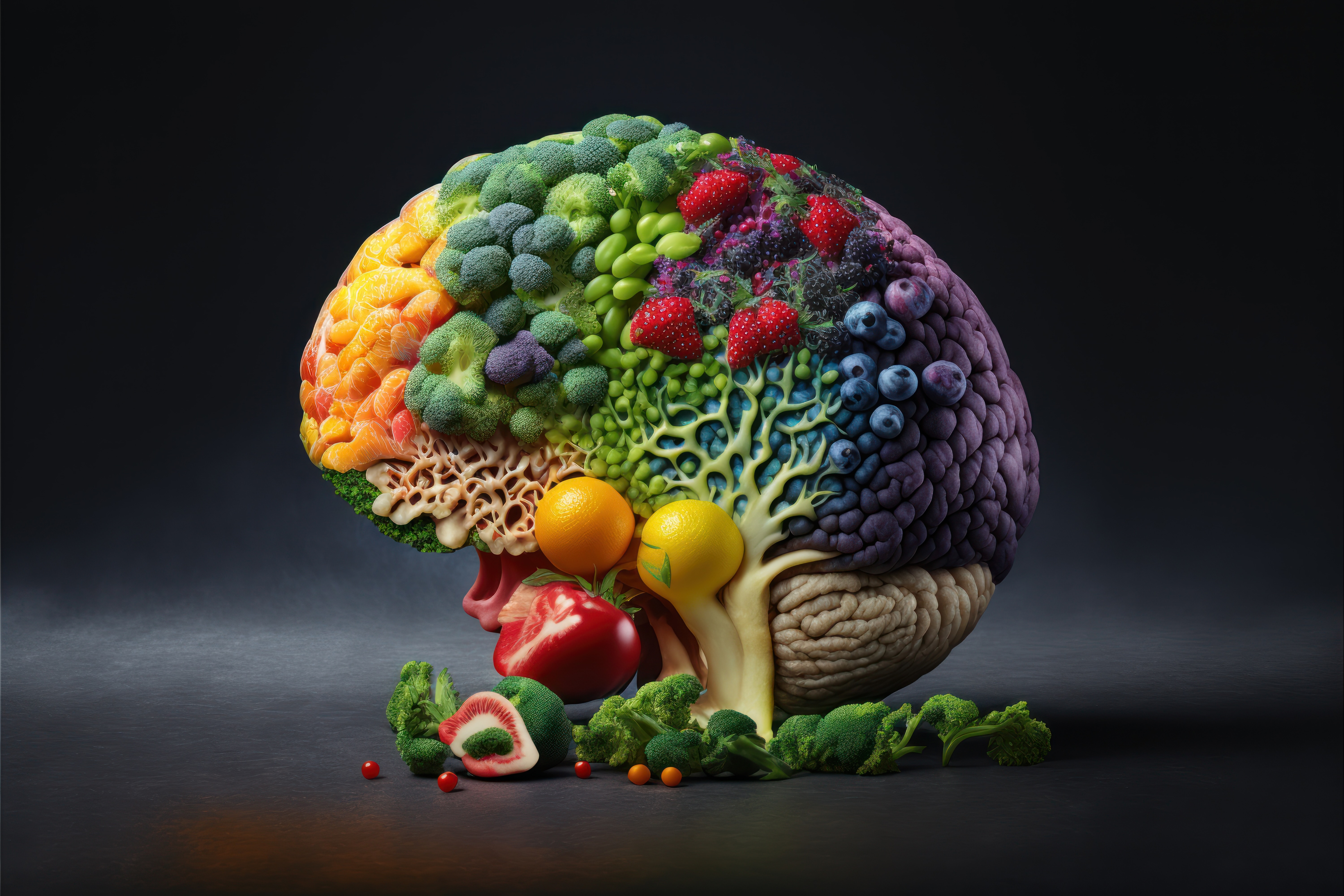News Mentions for the week of April 8, 2024
Our faculty often provide insight on current events and topics in the news.
Explore some of the articles that they have contributed to or been quoted in recently below.
- News Center - Stanford Medicine
Two key brain systems are central to psychosis, Stanford Medicine-led study finds
When the brain has trouble filtering incoming information and predicting what’s likely to happen, psychosis can result, Stanford Medicine-led research shows. Kaustubh Supekar, clinical associate professor of psychiatry and behavioral sciences, and Vinod Menon, the Rachael L. and Walter F. Nichols, MD, Professor of psychiatry and behavioral sciences, are interviewed.
- Scope Blog - Stanford Medicine
Imagining virtual reality as a simple tool to treat depression
Stanford researchers have discovered that engaging in these behaviors within a virtual reality system may show just as much efficacy in treating depression as carrying them out in the real world. And for those depressed to a level that makes leaving the house a challenge, it could provide the benefits of getting outside -- and even motivate them to get out. Kim Bullock, clinical professor of psychiatry and behavioral sciences, and Margot Paul, clinical assistant professor of psychiatry and behavioral sciences, are interviewed.
- Medical Xpress
Research uncovers differences between the sexes in sleep, circadian rhythms and metabolism
A new review of research evidence has explored the key differences in how women and men sleep, variations in their body clocks, and how this affects their metabolism. Renske Lok, postdoctoral scholar in psychiatry and behavioral sciences, is quoted.
- CNN
Suicide rates among college athletes have doubled, study finds
Suicide rates among college athletes in the United States have doubled over the past two decades, a new study has found. Rebecca Bernert, assistant professor of psychiatry and behavioral sciences, is quoted.
- CBC Listen
What BC can learn from Oregon's failed attempt at drug decriminalization
In 2020, Oregon became the first jurisdiction in North America to implement the decriminalization of drugs. But the experiment has since been declared a failure as Oregon is set to restore criminal penalties for drug possession as deaths from fentanyl overdoses continue to rise. Keith Humphreys, the Esther Ting Memorial professor of psychiatry and behavioral sciences, shares some of the lessons that BC can take away from Oregon's experience.
- NY Times
How Often Do You Take Breaks From Your Phone?
What strategies do you use to have a healthier relationship with your devices? Anna Lembke, professor of psychiatry and behavioral sciences, provides comment.
- Scripps News
Virtual reality shows promise for helping those with hoarding disorder
An estimated 2% to 6% of the population experiences hoarding disorder, according to the International OCD Foundation. Researchers at Stanford Medicine are using virtual reality to help them. Carolyn Rodriguez, professor of psychiatry and behavioral sciences, is interviewed.
- Fortune Well
1 in 3 employees—including in-office workers—regularly nap on the clock, survey says. Here’s who catches the most Z’s on the job and why
The tradeoff? Nearly 80% of survey respondents said they lose sleep over job stressors. Rafael Pelayo, clinical professor of psychiatry and behavioral sciences, provides comment. Additional posts on this topic can be found here.
Continuing Coverage
- News Center - Stanford Medicine
Pilot study shows ketogenic diet improves severe mental illness
A small clinical trial led by Stanford Medicine found that the metabolic effects of a ketogenic diet may help stabilize the brain. Shebani Sethi, clinical associate professor of psychiatry and behavioral sciences, is interviewed about the trial results. Access ongoing coverage of this article here.







